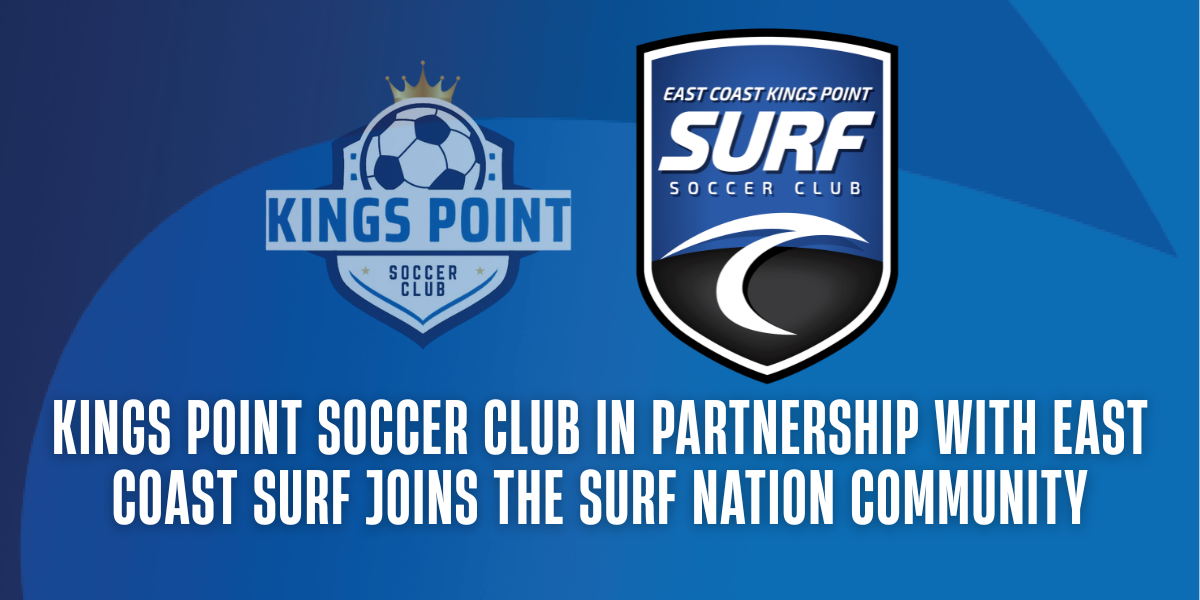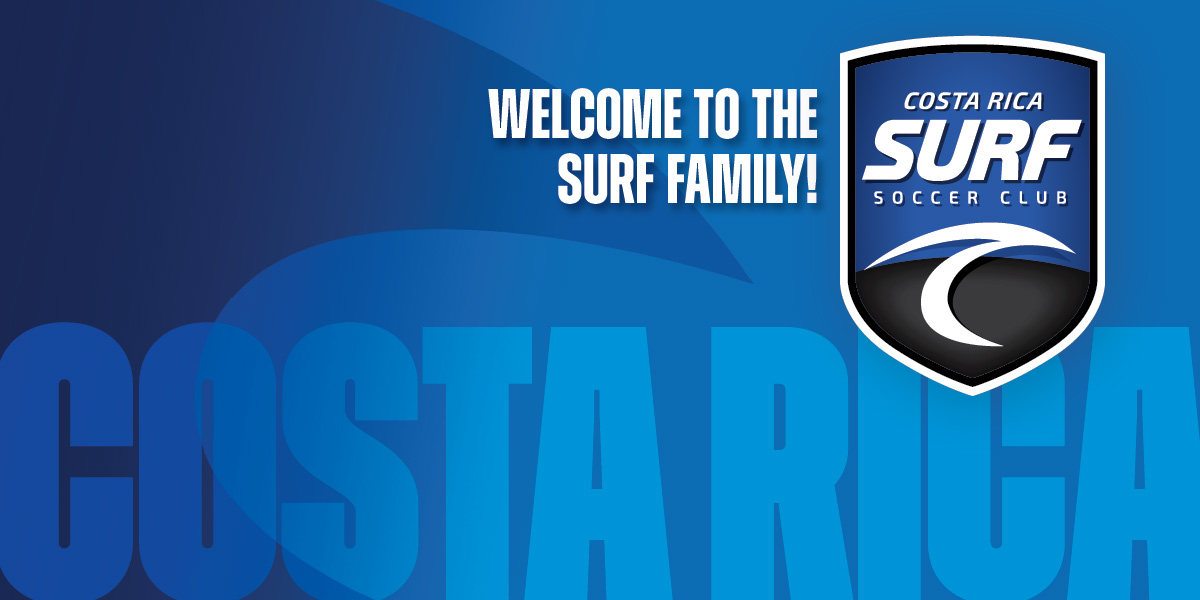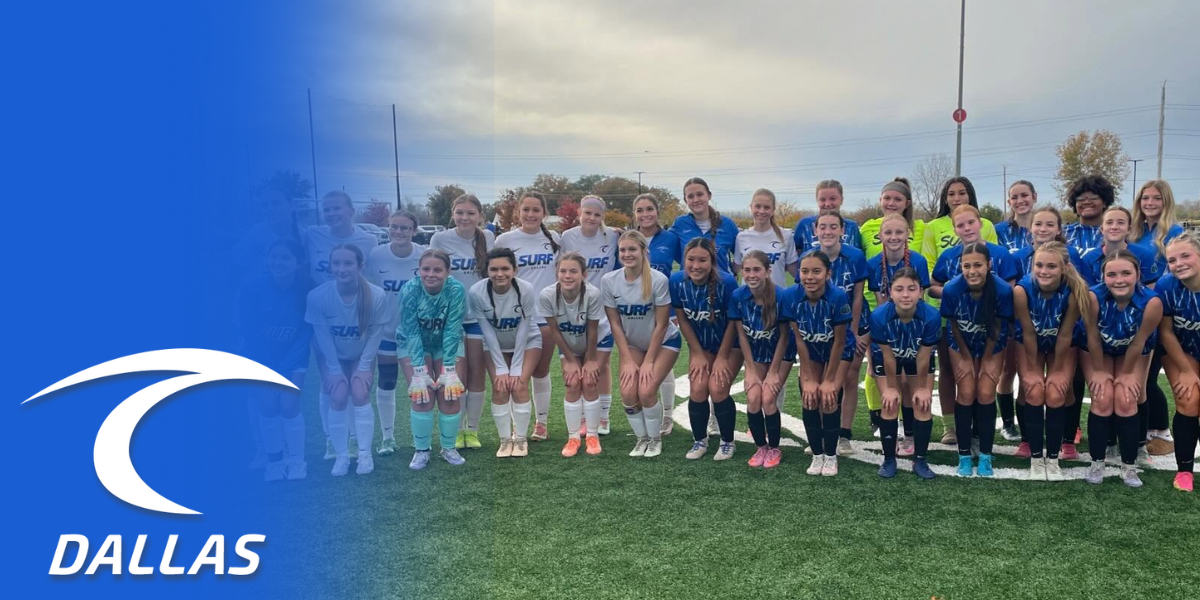Over the past four months, a group of Surf Nation leaders completed the Surf Nation MiMentor Football Directors Course, delivered in partnership with Aston Villa’s Head of Coaching, Ryan Maye. What began as an opportunity to sharpen club frameworks quickly evolved into something much deeper — a reflection on people, culture, and leadership in modern youth
football.
For many participants, the biggest surprise was the focus on the human side of leadership. Garry Lewis at Walnut Creek Surf, shared that he expected the program to lean heavily on technical and tactical detail but found that “it crafted the work in a softer way — elite performance culture, interpersonal skills, and self-reflection.” The modules emphasized understanding people first, setting clear standards, and modeling the behaviors expected from others. “You have to set your own standards before you can set anyone else’s,” he added — a reminder that leadership begins with self-awareness.
Brennan Williams, Surf Nation Club Development Mananger, echoed those sentiments, noting that the course helped him zoom out and see the bigger picture. “Soccer’s Xs and Os are such a small part of what we do,” he said. “The course helped me step back, think long-term, and get out of the weeds.” Between the day-to-day of managing teams, parents, and staff, that ability to pause and reflect became one of the most valuable takeaways. The course’s alternating format — structured presentations one week and informal open discussions the next — encouraged coaches to share ideas freely and apply lessons immediately. “It didn’t feel like work,” Brennan reflected. “It felt like something that mattered.”
Pat O’Brien from Ventura Surf, who works primarily in the foundation phase (ages 6–9), brought a different but equally powerful perspective. His sessions emphasize creativity and decision- making, and he found the MiMentor approach reinforced those principles. “Parents see chaos,” he laughed, “but it’s really decisions — constant, creative decisions.” By using heat maps, feedback loops, and reflective tools, Pat discovered new ways to help coaches step back and let players lead their own learning. He calls it consistent decisional training — creating environments where players make choices instead of following instructions. “Without imagination, you have no creativity,” he said. “And without creativity, you can’t truly develop
players.”
Another shared theme across the group was the importance of mentorship and ongoing collaboration. Garry described the need to “develop the developer,” outlining how his club has now introduced whiteboard workshops and winter session-design labs for staff. Rather than simply collecting ideas, the focus is on building a culture where coaches continually challenge and support one another.
Changing the Landscape of Football Leadership
Courses like this are redefining what football leadership looks like across the country. They are replacing outdated models of authority with ones built on reflection, connection, and purpose. Directors are no longer just administrators or tacticians — they are culture shapers, responsible for building environments that empower both coaches and players to think, adapt, and grow. Surf Nation is proud to be at the forefront of that shift. By investing in leadership education and connecting directors through shared learning, Surf is helping to raise the standard of what effective leadership in youth football can be. The ripple effect is already visible — in the way clubs communicate, how coaches collaborate, and how young players are being guided to make decisions for themselves.
As this movement continues, Surf Nation’s commitment is clear: develop the developer, lead with empathy, and build the future of the game from the inside out.





